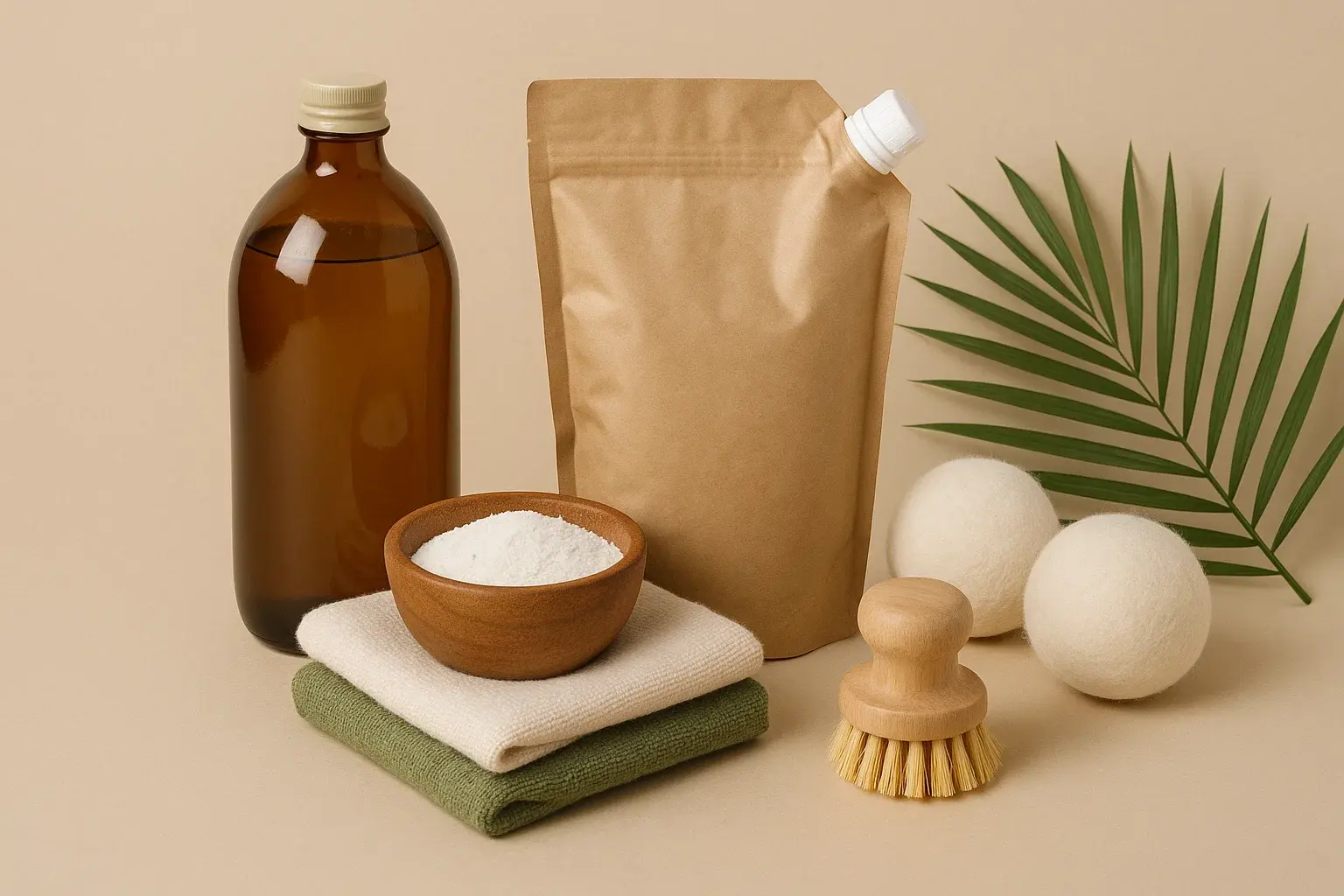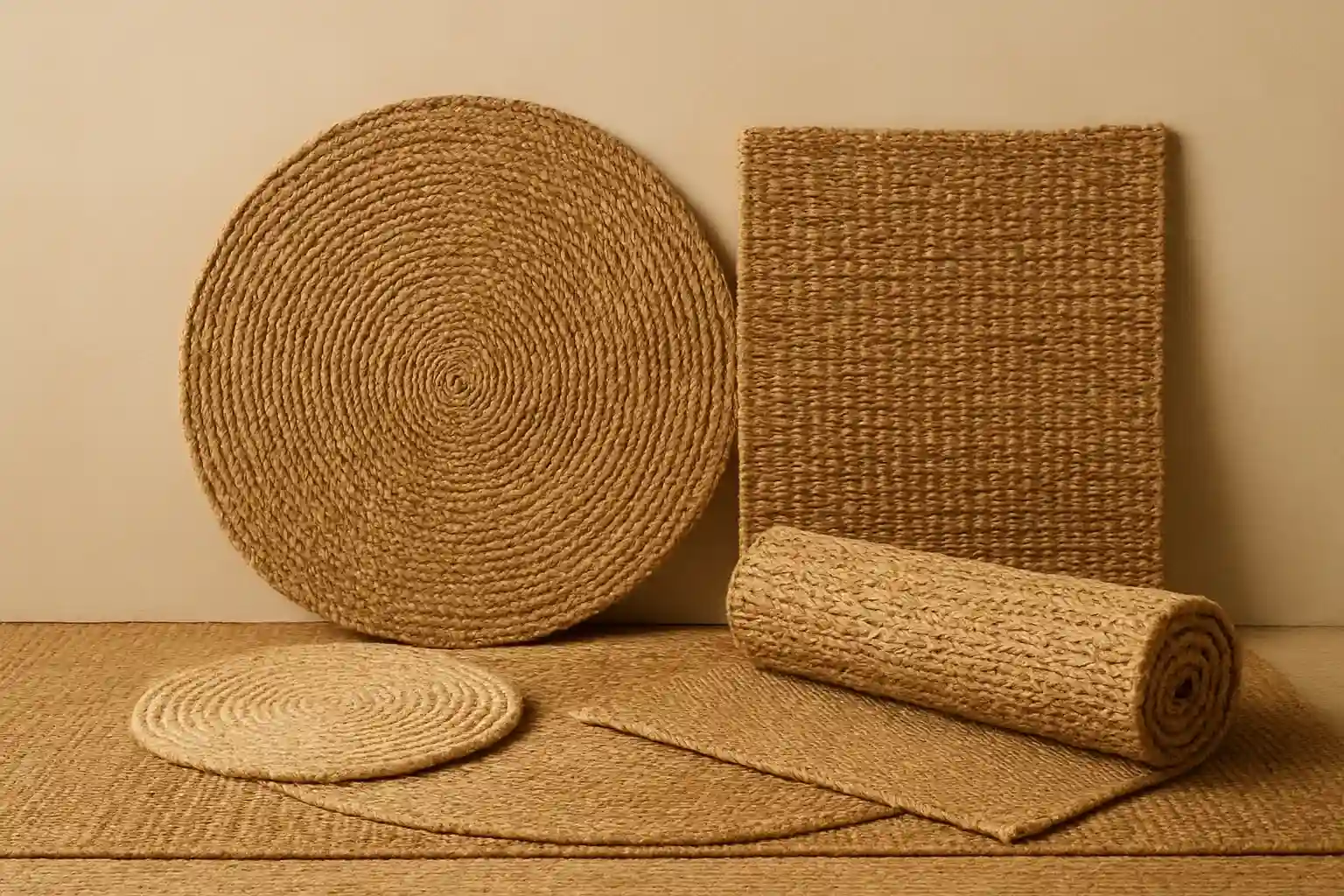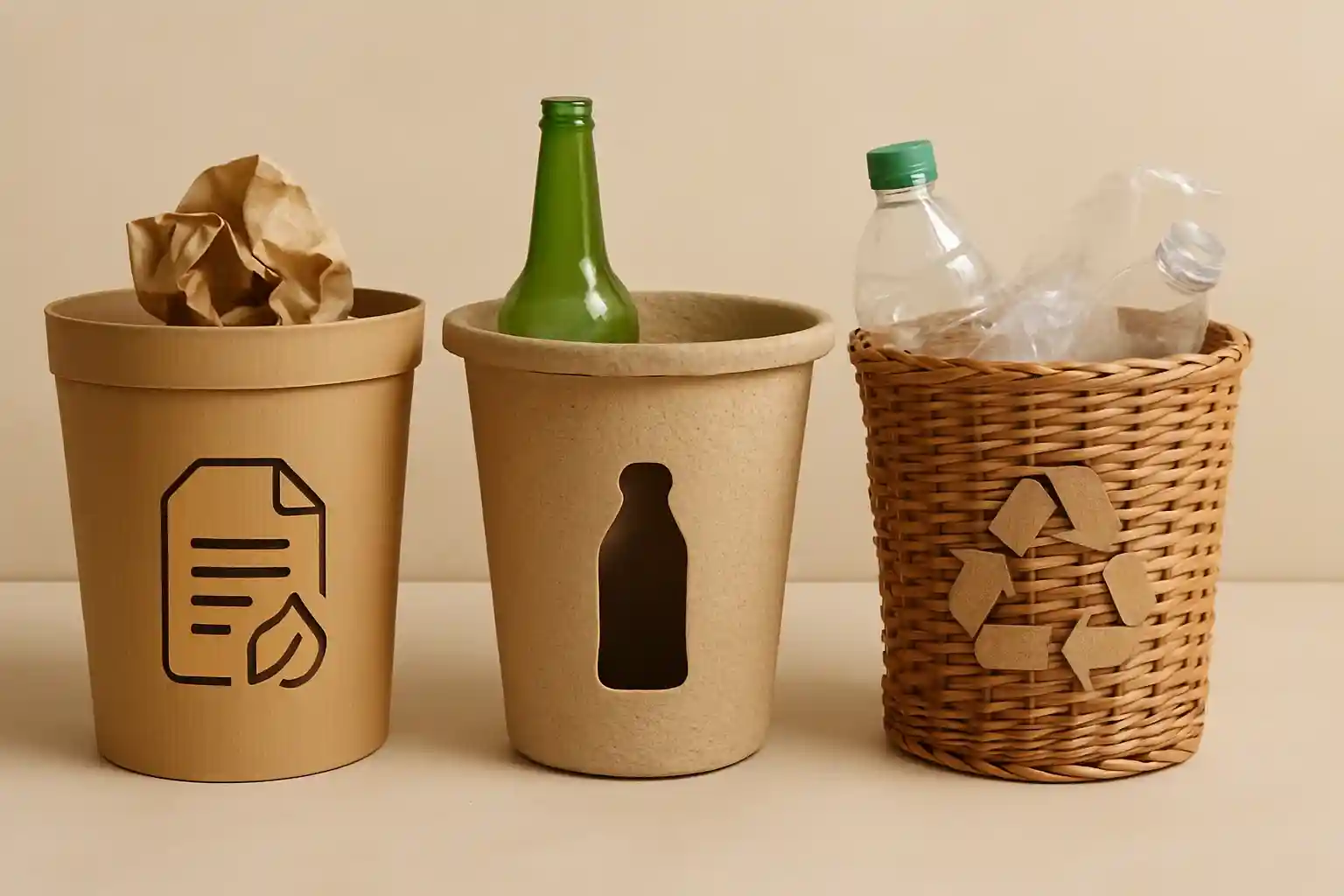Clean Laundry, Clear Conscience: Sustainable Swaps for Conventional Detergents

The routine of washing our clothes is a fundamental aspect of maintaining hygiene and comfort in our daily lives. We rely on detergents to lift dirt, stains, and odors, leaving our garments fresh and clean. However, the conventional detergents that line supermarket shelves often contain a cocktail of synthetic chemicals, including harsh surfactants, phosphates, and artificial fragrances. These ingredients, while effective at cleaning, can have detrimental consequences for our health and the environment, particularly our delicate aquatic ecosystems. For those seeking a more sustainable and gentler approach to laundry, nature offers a range of powerful alternatives that clean effectively without leaving behind toxic residues or harming our waterways.
The environmental impact of conventional detergents stems from several key ingredients. Phosphates, once widely used as water softeners, contribute to eutrophication in lakes and rivers, leading to excessive algae growth that depletes oxygen and harms aquatic life. Many synthetic surfactants, the cleaning agents in detergents, are not readily biodegradable and can persist in the environment, posing risks to aquatic organisms. Artificial fragrances, often complex mixtures of chemicals, can trigger allergies and sensitivities and contribute to water pollution. Furthermore, the packaging of conventional detergents, typically large plastic jugs, adds to the ever-growing problem of plastic waste.
Fortunately, a variety of natural and plant-based alternatives can effectively clean our clothes without these harmful consequences. By exploring options like soap nuts, eco-enzyme cleaners, and plant-based detergents, we can achieve clean laundry while minimizing our environmental footprint and protecting the health of our families and the planet. These sustainable swaps harness the natural cleaning power of plants and enzymes, offering a gentler and more responsible approach to this essential household task.
Nature's Laundry Basket: Exploring Sustainable Detergent Alternatives
The natural world provides us with effective cleaning agents that have been used for centuries, offering sustainable alternatives to conventional detergents:
Soap Nuts: The Traditional, All-Natural Cleanser
Soap nuts, also known as reetha or aritha, are the dried fruit of the Sapindus mukorossi tree. These remarkable fruits contain saponins, natural surfactants that create a mild lather when agitated in water. Soap nuts have been traditionally used in many parts of the world for washing clothes, hair, and even bodies. They are a completely natural, biodegradable, and hypoallergenic alternative to conventional detergents. To use soap nuts for laundry, simply place a few whole or broken soap nuts in a cotton muslin bag and toss it into your washing machine with your clothes. They can be used for several washes until the saponins are depleted. Soap nuts are gentle on fabrics, effective at cleaning most everyday dirt and grime, and leave clothes feeling soft without the need for fabric softeners. They are also a sustainable choice as the soap nut trees are often grown and harvested in an environmentally friendly manner.
Eco Enzyme Cleaners: Harnessing Fermentation Power
Eco enzyme cleaners are a fascinating and highly sustainable alternative made from fermenting fruit and vegetable scraps with sugar and water. This simple fermentation process produces a liquid containing natural enzymes and mild acids that act as effective cleaning agents. Eco enzymes can be used for a wide range of cleaning tasks, including laundry. While they may not create a strong lather like conventional detergents, they are effective at breaking down organic matter, grease, and dirt. To use eco enzyme cleaner for laundry, you can add a diluted solution directly to your washing machine. Many proponents also report that eco enzymes can help to soften water and reduce the need for additional water softeners. Making your own eco enzyme cleaner is a fantastic way to reduce food waste and create a powerful, all-natural cleaning solution for your home.
Plant-Based Detergents: Gentle Yet Effective Cleaning Power
The market for plant-based detergents has grown significantly in recent years, offering readily available alternatives to conventional formulas. These detergents utilize surfactants derived from plant sources, such as coconut, palm, or corn, and often avoid the use of phosphates, synthetic fragrances, and dyes. Many plant-based detergents are also biodegradable and come in more sustainable packaging, such as concentrated formulas in smaller bottles or cardboard packaging. Brands like Dropps, EcoRoots, and Tru Earth are examples of companies offering effective plant-based laundry solutions. When choosing a plant-based detergent, look for clear ingredient lists, certifications like EPA Safer Choice, and concentrated formulas to minimize packaging waste. These detergents can be just as effective as conventional options at cleaning a wide range of fabrics and soil levels, providing a responsible and convenient choice for eco-conscious consumers.
Making the Sustainable Switch: Considerations for Eco-Friendly Laundry
Transitioning to sustainable detergent alternatives may require a slight adjustment to your laundry routine:
- Water Hardness: Soap nuts may be less effective in very hard water. You may need to add a natural water softener like washing soda.
- Stain Removal: For heavily soiled items or stubborn stains, you may need to pre-treat with a natural stain remover like baking soda paste or a concentrated plant-based stain remover.
- Scent: Natural detergent alternatives may have a milder or no scent compared to conventional fragranced detergents. You can add a few drops of essential oils to your wash for a natural fragrance.
- Enzyme Power: Plant-based detergents often utilize natural enzymes to break down stains. Ensure the detergent you choose is suitable for the types of stains you typically encounter.
By embracing these sustainable swaps for conventional detergents, we can clean our laundry effectively while minimizing our impact on aquatic ecosystems and reducing our exposure to potentially harmful chemicals. Choosing soap nuts, eco-enzyme cleaners, or plant-based detergents is a tangible step towards a more environmentally responsible and healthier home.
Related Blogs

5 Home Decor Trends That Nurture Your Space and the Planet
Insights on 5 home decor trends that are also earth-friendly in a sustainable way.

Laying the Foundation for a Greener Home: Your Eco Starter Kit
Insights on building an eco starter kit for your home in a sustainable way.

Step Softly on the Earth: Upgrading Your Home with Natural Floor Rugs
Choose biodegradable and non-toxic jute, organic cotton, or wool rugs over synthetic options.

Breathing Easier, Living Greener: The World of Eco Paints and Finishes for a Healthier Home
Insights on eco paints and finishes for a healthier home in a sustainable way.

Dreaming of a Greener Sleep: Choosing Natural Mattress Toppers for a Healthier Bed
Upgrade your sleep with non-toxic, breathable, and biodegradable latex, organic cotton, or wool toppers.

Smart Storage, Sustainable Spaces: Choosing Eco-Friendly Alternatives to Plastic Trash Cans
Upgrade to durable metal, recycled plastic, or wooden bins for lower impact waste management.
Stay in the Loop
Get tips and insights tailored to your interests — no spam, just sustainability.